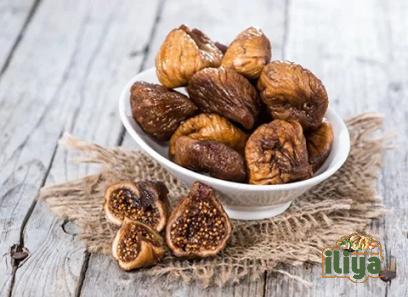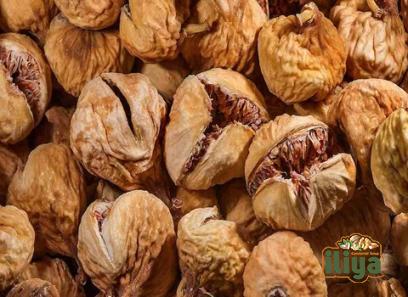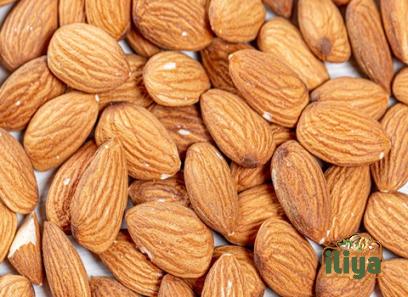Cashew nuts are popularly known as the kidney-shaped seeds that grow on the cashew tree, scientifically known as Anacardium occidentale. Although they are commonly referred to as nuts, they are actually seeds that are found at the bottom of the cashew apple, a fruit that grows on the tree. Cashew nuts have a rich, buttery flavor and are widely consumed around the world. They are not only delicious but also boast numerous health benefits.
Cashew nuts are native to northeastern Brazil but are now cultivated in various tropical regions, including India, Vietnam, Nigeria, and Ivory Coast. They are harvested by hand, which involves a meticulous and delicate process due to the caustic liquid found within the cashew shell. This liquid, known as cashew balm or blight, is actually a potent skin irritant and must be handled with care. After extraction, the cashew nuts are sun-dried or roasted to remove any remaining toxins or irritants.
One of the most significant aspects of cashew nuts is their versatility. They can be enjoyed in a variety of ways, such as roasted, salted, or unsalted. Additionally, they can be used in both sweet and savory dishes, as well as in various cuisines around the world. Cashew nuts can be added to salads, stir-fries, curries, baked goods, and desserts, providing a unique and delightful flavor.
Not only are cashew nuts delicious, but they also offer several health benefits. They are a good source of healthy fats, including monounsaturated fats, which have been associated with a reduced risk of heart disease and improved blood lipid profile. Cashews also contain beneficial antioxidants, such as vitamin E and selenium. These antioxidants help protect cells from damage caused by free radicals and may help reduce the risk of chronic diseases like cancer and heart disease.
Furthermore, cashew nuts are a good source of essential minerals, including magnesium, phosphorus, zinc, and copper. These minerals are vital for various bodily functions, such as bone health, immune function, energy production, and nerve function. Cashew nuts also provide a decent amount of protein, making them a suitable snack for vegans and vegetarians.
In addition to their nutritional profile, cashew nuts have been associated with several potential health benefits. Some studies suggest that cashew nuts may help improve heart health by reducing blood pressure and LDL cholesterol levels. The monounsaturated fats and antioxidants present in cashews could contribute to these cardiovascular benefits. However, more research is needed to establish a direct link between cashew consumption and heart health.
Moreover, cashew nuts may have anti-inflammatory effects. Some studies on animals and test tubes indicate that cashew nut extracts have potential anti-inflammatory properties. These anti-inflammatory effects could be attributed to the presence of specific compounds like anacardic acids and cashew nut shell oil. However, further studies are required to determine the extent of these effects and their potential application in humans.
Aside from their health benefits, cashew nuts also have economic significance. Cashew production plays a vital role in the economies of many developing countries, particularly in Africa and Asia. It serves as an important source of income and employment for small-scale farmers and communities. The cashew industry has also undergone significant growth in recent years due to increasing global demand for cashew nuts.
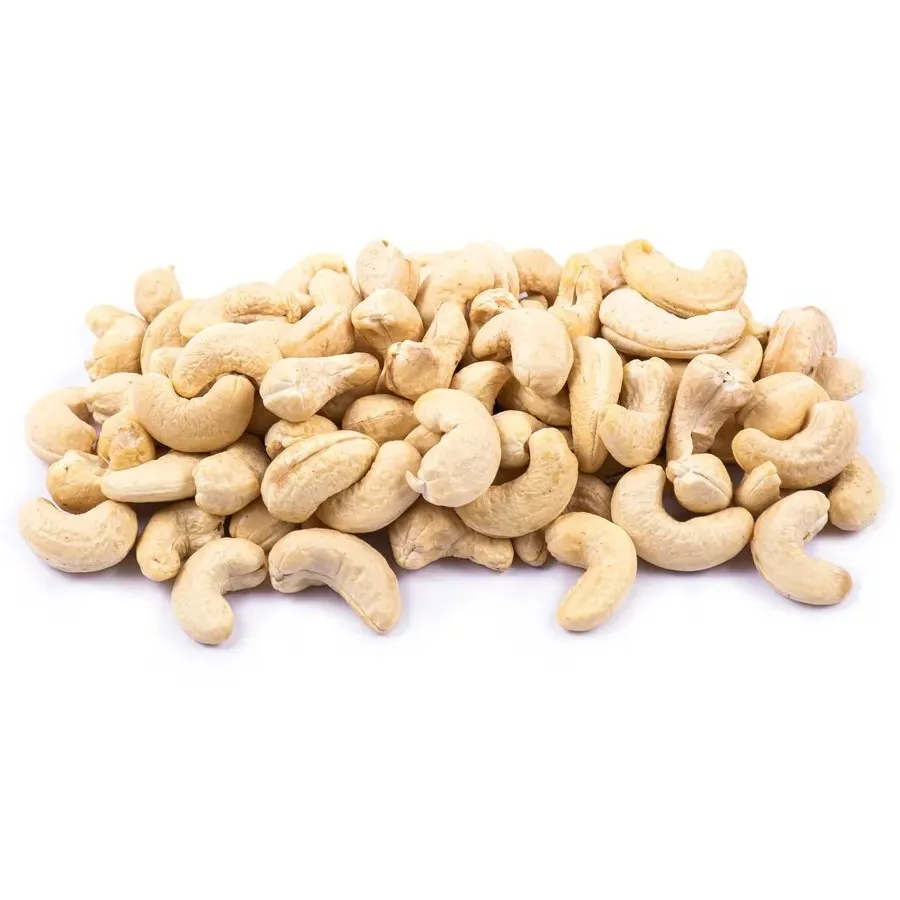
However, despite their popularity and economic importance, there are a few considerations to keep in mind regarding cashew nuts. Firstly, some individuals may be allergic to cashews, which can cause mild to severe allergic reactions. Therefore, it is essential to be aware of any potential allergies before consuming cashew nuts.
Secondly, it is worth noting that cashew nuts are relatively high in calories. While they are nutritious, they should be consumed in moderation, especially for individuals who are watching their weight. A serving of cashew nuts contains around 160-180 calories, so it is advisable to be mindful of portion sizes.
Lastly, it is important to choose quality cashew nuts from reliable sources. Cashews are susceptible to contamination with aflatoxins, which are toxic substances produced by certain molds. To ensure safety, it is crucial to purchase cashews from reputable suppliers who have quality control measures in place.
In conclusion, cashew nuts are a delicious and versatile food that offers numerous health benefits. They are rich in healthy fats, antioxidants, minerals, and protein. Cashews have been associated with potential cardiovascular benefits and anti-inflammatory effects. Additionally, they play a significant role in the economies of many developing countries. Nevertheless, it is important to be mindful of potential allergies, consume cashews in moderation, and choose high-quality nuts from reliable sources.Title: The Cashew Nut Industry: Trends, Challenges, and Opportunities
Introduction:
The cashew nut industry has witnessed significant growth in recent years, driven by increasing consumer demand for healthy snacks and the versatility of cashews in culinary applications. This article explores the current trends, challenges, and opportunities within the cashew nut industry, providing valuable insights for businesses operating in this sector.
1. Growing Global Demand:
The demand for cashew nuts has been steadily increasing worldwide. Consumers are increasingly seeking healthier snack options, and cashews, with their rich flavor and numerous health benefits, fit the bill perfectly. This growing global demand presents a promising opportunity for businesses operating in the cashew nut industry to expand their reach and capture new markets.
2. Rising Production:
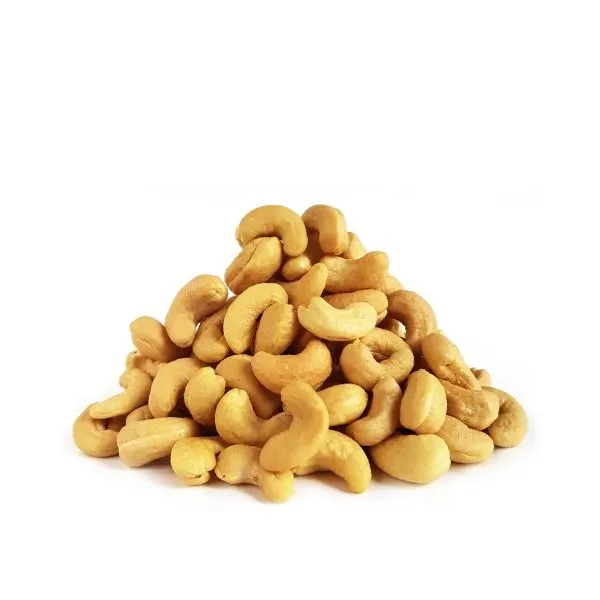
To meet the increasing demand, cashew nut production has also been on the rise. Countries such as Vietnam, India, Nigeria, and Ivory Coast are among the largest producers of cashews globally. This increase in production not only addresses the growing demand but also creates opportunities for job creation and economic development in these regions.
3. Quality Control and Sustainability:
Maintaining consistent quality is crucial for cashew nut producers to thrive in the competitive market. Implementing rigorous quality control measures throughout the supply chain ensures that customers receive high-quality cashew nuts. Additionally, the industry is increasingly embracing sustainable practices, such as responsible sourcing and fair trade, to address environmental and social concerns.
4. Processing and Value Addition:
Apart from raw cashew nuts, there is a growing demand for value-added cashew products such as roasted and flavored cashews, cashew butter, and cashew milk. These processed cashew products carry higher profit margins and offer opportunities for businesses to differentiate themselves in the market. Investing in processing facilities and developing innovative product offerings can boost profitability and market share.
5. Export Market Expansion:
Cashew nuts are not only consumed locally but are also widely exported to various countries. Exploring new international markets can lead to increased export opportunities and revenue growth. Businesses in the industry should focus on market research, understanding local preferences, and building strong distribution networks to tap into untapped export markets.
6. Supply Chain Efficiency:
Efficient and transparent supply chain management is crucial for the success of cashew nut businesses. This includes optimizing logistics, managing inventory effectively, and developing strategic partnerships with suppliers and distributors. Embracing technology solutions, such as blockchain and IoT, can enhance traceability, improve efficiency, and ensure product quality and safety throughout the supply chain.
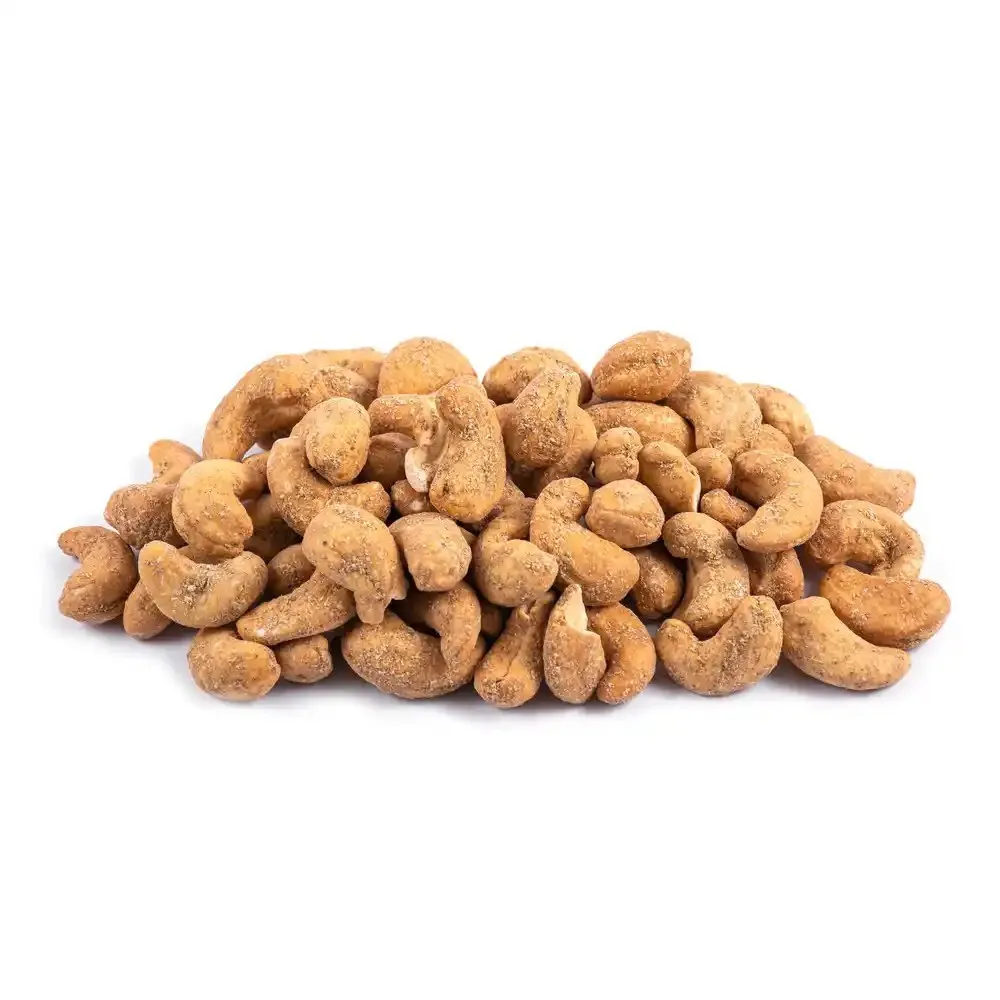
7. Price Volatility:
One of the challenges faced by the cashew nut industry is price volatility. Fluctuations in production, currency exchange rates, and global economic conditions can impact the prices of cashews. Businesses must closely monitor market trends, hedge against price risks, and develop innovative pricing strategies to navigate these challenges and maintain profitability.
8. Food Safety and Quality Assurance:
Ensuring food safety and quality assurance is of utmost importance in the cashew nut industry. Cashews are highly susceptible to contamination with aflatoxins, a group of toxins produced by certain molds. Thus, businesses need to develop robust food safety systems, implement strict quality control measures, and adhere to international standards and regulations to guarantee the safety and quality of their products.
9. Innovation and Product Development:
To stay competitive in the market, businesses must continuously innovate and develop new cashew-based products that cater to changing consumer preferences. R&D investment in developing unique flavors, packaging innovations, and healthier snack options can help businesses differentiate themselves and capture a larger market share.
10. E-commerce and Direct-to-Consumer Sales:
The rise of e-commerce platforms provides an excellent opportunity for cashew nut businesses to reach a wider customer base. Establishing an online presence and leveraging social media platforms can facilitate direct-to-consumer sales and enable businesses to engage with their customers directly. Offering personalized experiences, discounts, and convenient delivery options can further enhance customer loyalty and drive sales.
11. Collaboration and Partnerships:

Collaboration and partnerships within the cashew nut industry can lead to synergistic benefits and growth opportunities. This can include partnerships between raw material suppliers, processing and packaging companies, and distribution channels. Strategic alliances can optimize resources, reduce costs, and enhance market reach, thereby benefiting all stakeholders involved.
Conclusion:
The cashew nut industry is poised for continued growth, driven by increasing consumer demand, rising production, and the versatility of cashews in various applications. Businesses operating in this industry can leverage these trends, address challenges like price volatility and food safety, explore new markets, and focus on innovation to secure a competitive edge. By adopting sustainable practices, ensuring product quality, and embracing technological advancements, cashew nut businesses can capitalize on the growing market opportunities and achieve long-term success.






